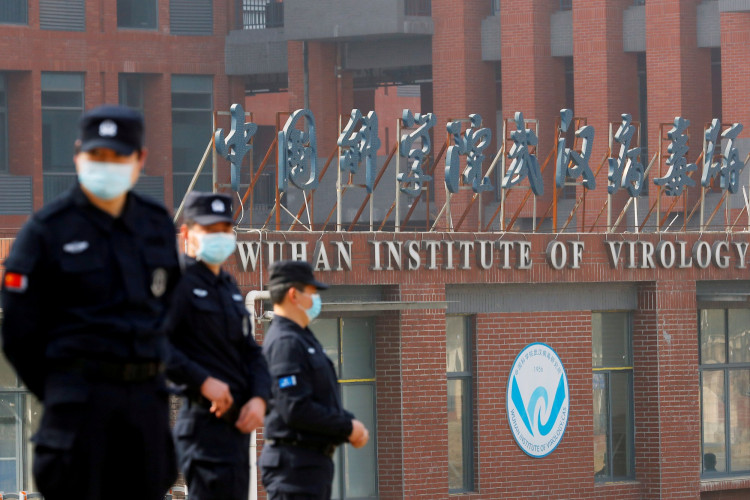Dozens of cities across China have been placed under lockdown, including Wuhan, where the coronavirus was first detected, as the country follows Xi Jinping's zero-COVID policy.
This week, Wuhan recorded up to 25 new infections per day, with more than 200 cases reported over the past two weeks.
More than 800,000 people in one district of Wuhan have been ordered to remain at home until Oct. 30.
"We feel numb to it all. We feel more and more numb," one local told Reuters.
A "small number of employees" from Foxconn, an Apple supplier, have been "affected by the pandemic" in Zhengzhou, the factory said, adding that isolated personnel are being supplied with "material supplies, psychological comfort, and responsive feedback"
It comes at a critical time for Apple, which is now manufacturing the new iPhone 14.
Earlier this month, Xi signaled that the zero-COVID policy would not be relaxed, referring to it as a "people's war to stop the spread of the virus"
Recently, 200 lockdowns have been put into place around the nation, with the bulk of these affecting high- or medium-risk regions. Depending on whether they are in a low, medium, or high-risk zone, residents in various places are subject to various laws.
In-person learning and eating out were prohibited earlier this week in the southern Chinese metropolis of Guangzhou, which on Thursday reported 19 new viral cases. Some areas of the city are still under various control measures.
Even more remote areas, like Tibet, have been impacted when a video depicting unusually large-scale protests against tight zero-COVID rules in the region's capital Lhasa surfaced earlier this week.
The city has been on lockdown for nearly three months as it tackles the virus; on Thursday, local officials announced eight new COVID cases in Lhasa.
Several videos on social media showed hundreds of people demonstrating and battling with police. They were claimed to be largely ethnic Han Chinese migrant workers. A Lhasa local verified to the BBC that the event took place in the city on Wednesday.
Though considered minor outbreaks in other parts of the world, China has a rigorous zero-COVID policy in place, with authorities attempting to eradicate outbreaks.
Despite growing public fatigue and rage over lockdowns and travel restrictions, the strategy is being upheld. Due to this, the nation's economy has also suffered, with GDP decreasing 2.6% in the three months to the end of June from the previous quarter.





